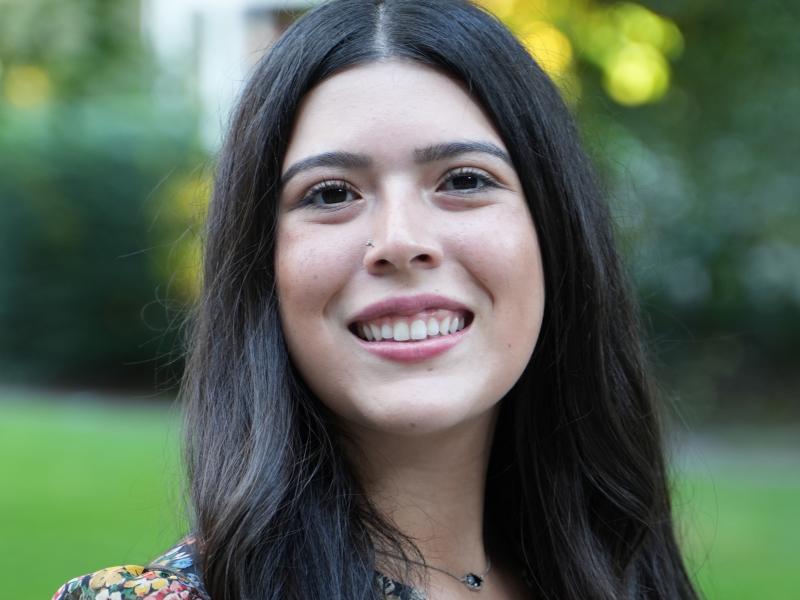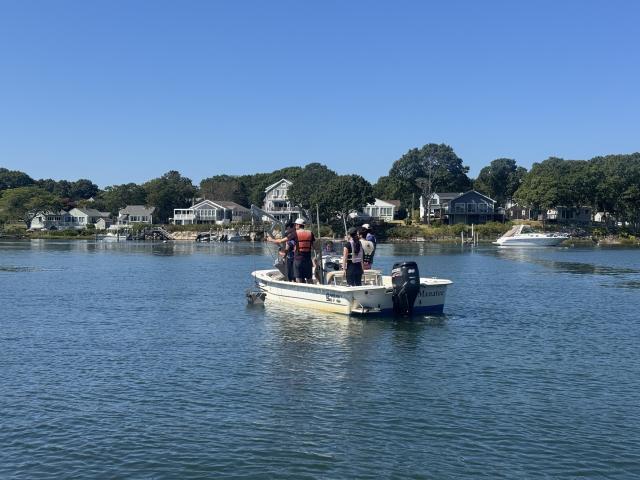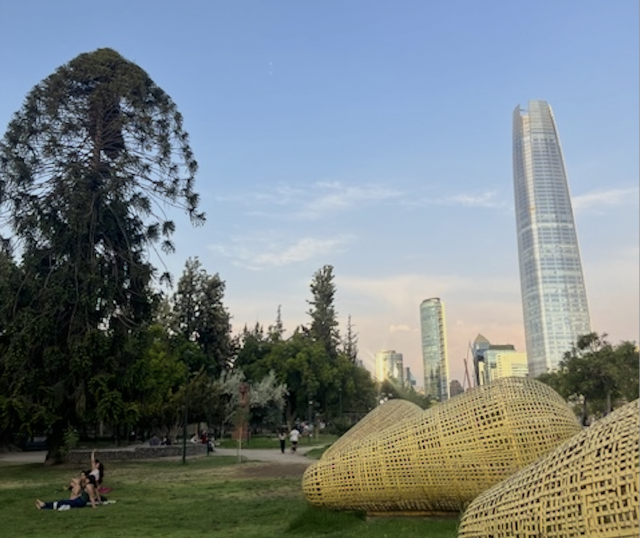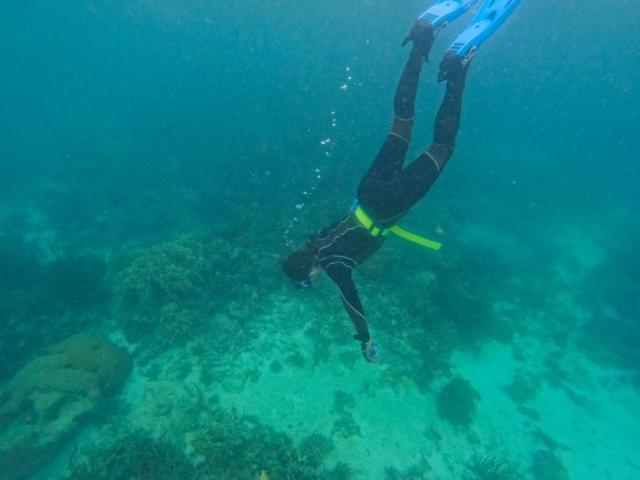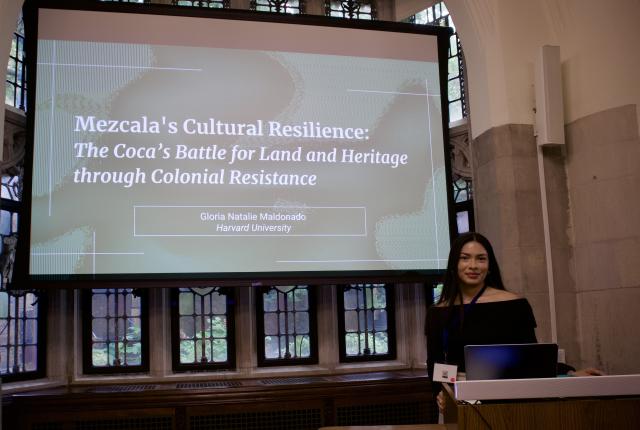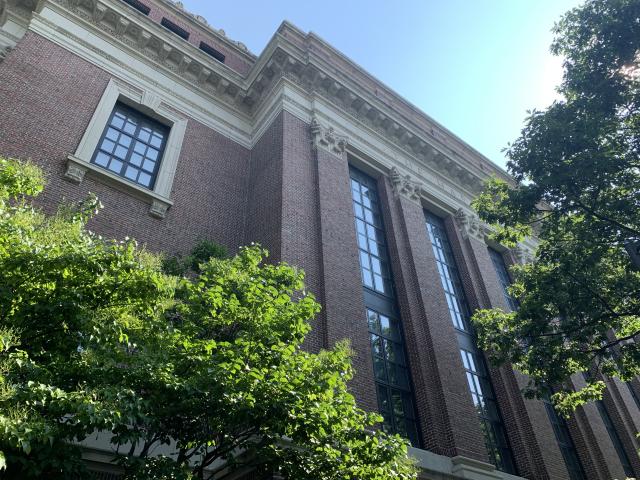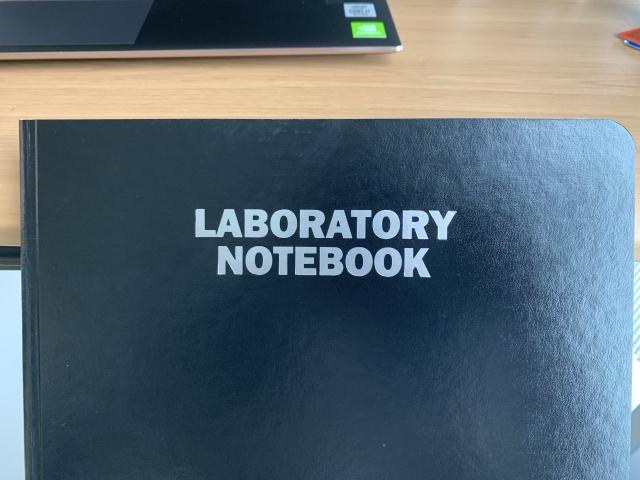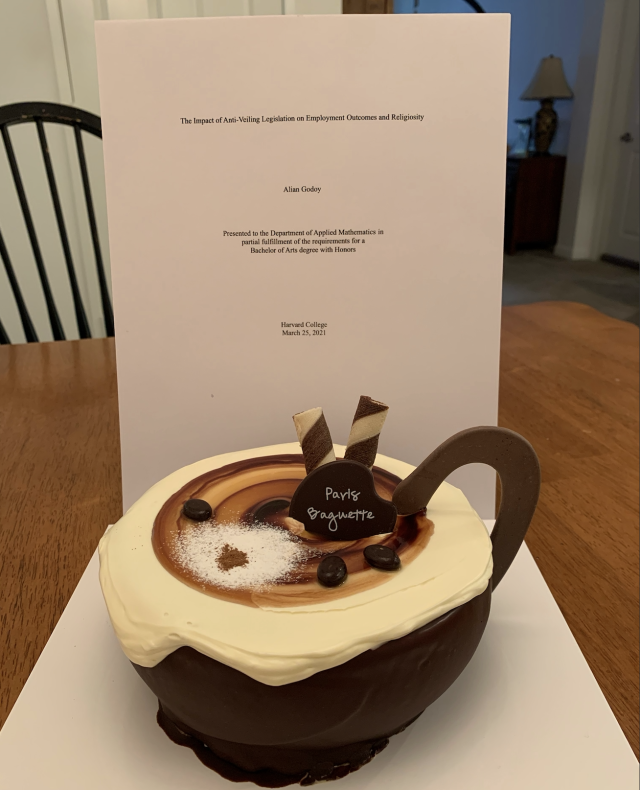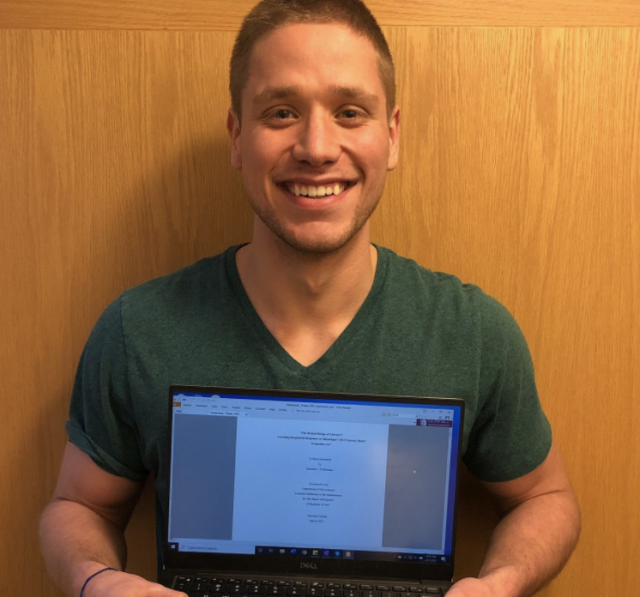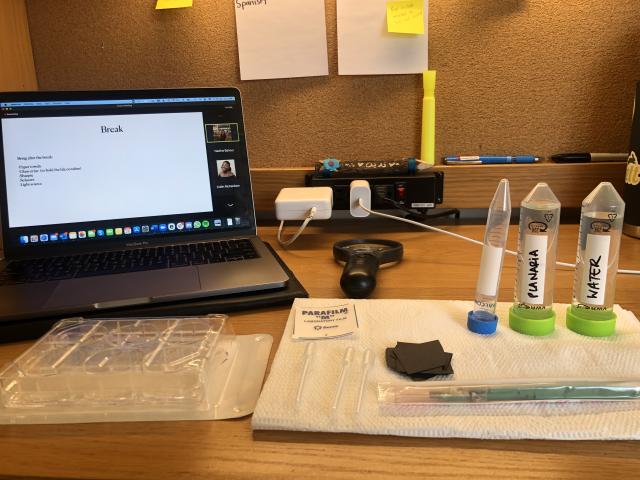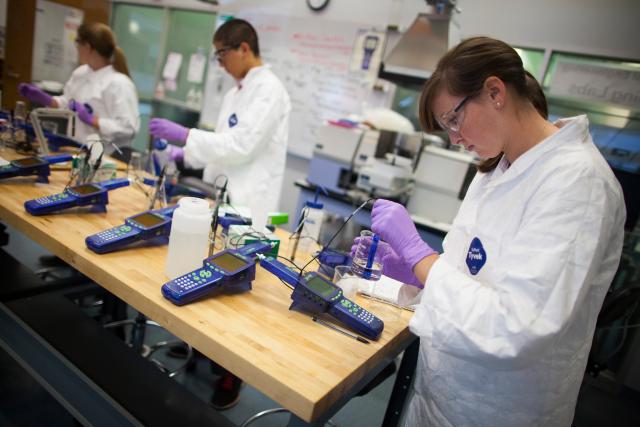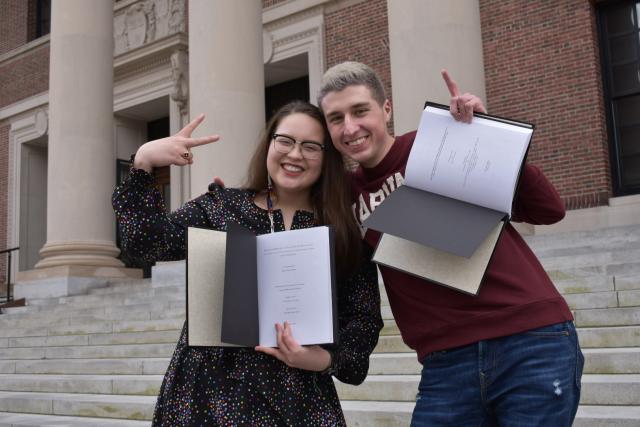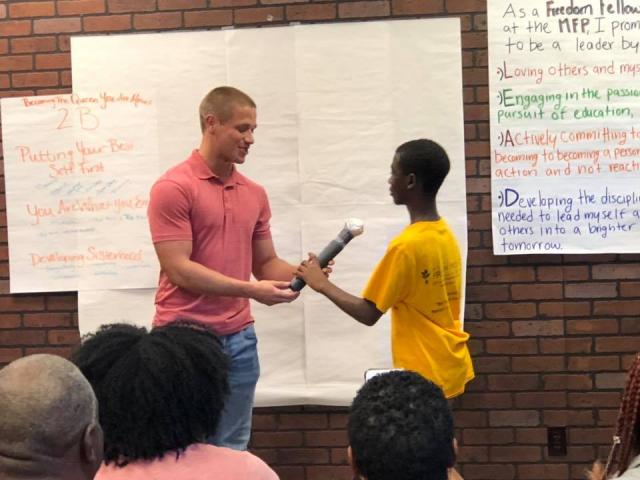The senior thesis experience is a transformative journey that marks the culmination of an undergraduate academic career. The thesis process requires students to delve into the depths of their chosen field, applying years of accumulated knowledge and skills to produce a substantial piece of original research.
This capstone project is not merely an academic exercise; it is an opportunity for personal and intellectual growth as students navigate the complexities of research, critical thinking, and self-discovery. While the requirements can vary from department to department, one thing remains the same — it is a challenging undertaking that pushes students to reach new academic limits.
This journey can be broken down into a few stages, each of which I will break down with my own thesis experience!
The Quest for a Lab:
As a Neurobiology Concentrator, I was not required to write a senior thesis. Therefore, my main goal was to find a lab that met my research interests and provided mentorship opportunities. Thus, I began by reflecting on my academic interests, passions, and long-term goals. While some students may have a clear vision from the start, others embark on a process of exploration, guided by faculty mentors and advisors. For students like me who did not have a clear vision, I sat down with the Harvard Research Advisor, who helped guide me toward neuroscience labs that had available positions. After that, I took the time to research what had been previously published by these projects to determine if they aligned with my interests. This led me to the Healthy Baby Study (HBS) at the Laboratory of Cognitive Neuroscience at Boston Children's Hospital. HBS is a clinical project that focuses on how early life experiences can affect long-term child development. I was immediately drawn to this project as I wanted a hands-on experience that allowed me to interact with families. After going through the interview process, I was lucky enough to be selected for the student position, and I have been working there for over two years.
Deciding to Write a Thesis:
Now, if your concentration requires a thesis you don’t have much of a choice in this step, but if you do have a choice it can be an incredibly daunting decision to make. For me, this stage was filled with what-ifs and questioning if I could put together such an extensive research project. Many of these questions were answered after attending the neuroscience department thesis introduction meeting and discussing with my lab. Ultimately, I decided to write the thesis through the help and guidance of my mentors within my lab. While this can seem daunting, I promise that it is possible if you are willing to make that leap!
Choosing My Topic:
Again, this step looks very different depending on what you are studying. My friends studying economics for example had a much broader range of topics that they could explore than I did since I was in a lab that focused on a specific section of research. Therefore, it is important to choose a lab with a project that you are interested in, as it will largely impact what options you have to write about in the future.
I took a deep dive into the research variables that our team collected and sat down with my mentor to brainstorm questions that interested me. This portion of the process took a lot of time and trial and error to narrow down to one question, but eventually, I got there and began to formulate my aims and hypothesis. This critical stage required an extensive exploration of existing literature to identify gaps in knowledge and develop a unique angle that adds value to the academic conversation. My senior thesis was not just about regurgitating information; it was about contributing something new and thought-provoking. This led me to explore the potential relationship between maternal stress, biological markers of stress, and brain development.
The Research Odyssey:
Armed with a solid hypothesis, I started the research process. In my project, this involved extensive literature reviews and data collection. During this stage, I studied the data that we had collected from the Healthy Baby Study. This data included EEG data, urine samples, and maternal stress surveys. I needed to gain a solid understanding of my data set and its limitations before I moved forward in the research process. This phase demanded discipline, time management, and resilience as setbacks and challenges were inevitable. The process of analyzing data was both intellectually stimulating and emotionally taxing, requiring a balance between academic rigor and personal well-being.
The Art of Synthesis:
As the research phase concluded, I faced synthesizing my findings into a coherent and compelling narrative. I began this task by writing my introduction and carefully outlining each of my aims. I knew doing this would provide me with a clear path moving forward. However, it is also common to write out of order, if that best suits the needs of your project. During this stage, the Neuroscience Department supported us by hosting thesis writing workshops that focused on clearly presenting your research. I found d this step to be the most rewarding because it allowed me to put everything I had been working towards together. Although I did my best to space out the writing process, it was almost inevitable to fall behind at some points. Therefore, I found myself writing more some days than others but, eventually, I was able to put together the final product almost a year after I began my first brainstorming session about the project.
The Trials of Revision:
Drafting the thesis was only the beginning; subsequent rounds of revision were where the project truly took shape. Receiving constructive criticism, revisiting assumptions, and refining arguments were essential steps in honing the final product. I received tremendous support from my lab during this stage. Their expertise gave me a fresh perspective on how to succinctly and clearly present my research. I am extremely grateful for their help as it was critical in refining my writing.
Celebrating the Culmination:
Upon completion, my senior thesis marked a moment of celebration and reflection. It was a testament to my intellectual and personal growth throughout my academic journey. The Neuroscience Department hosted a Thesis Celebration, and it was truly surreal to walk into that party knowing that we had all just completed such incredible research projects. I was truly honored to get to celebrate with my peers.

Although my thesis is submitted, I will not be done with the process until the presentation and defense of the thesis before faculty members. I thought I would be nervous about this final presentation, but I am more excited than anything. I cannot wait to showcase my expertise, defend my ideas, and engage in scholarly discourse.
While I am not completely done with my thesis process, I hope these reflections can shed some light on the journey. For me, the senior thesis experience was more than an academic choice; it was a journey that equipped me with invaluable skills such as critical thinking, research methodology, and effective communication. Beyond the tangible output, the experience fostered a sense of accomplishment, resilience, and a lifelong appreciation for the pursuit of knowledge. I am incredibly thankful that I completed this journey!



